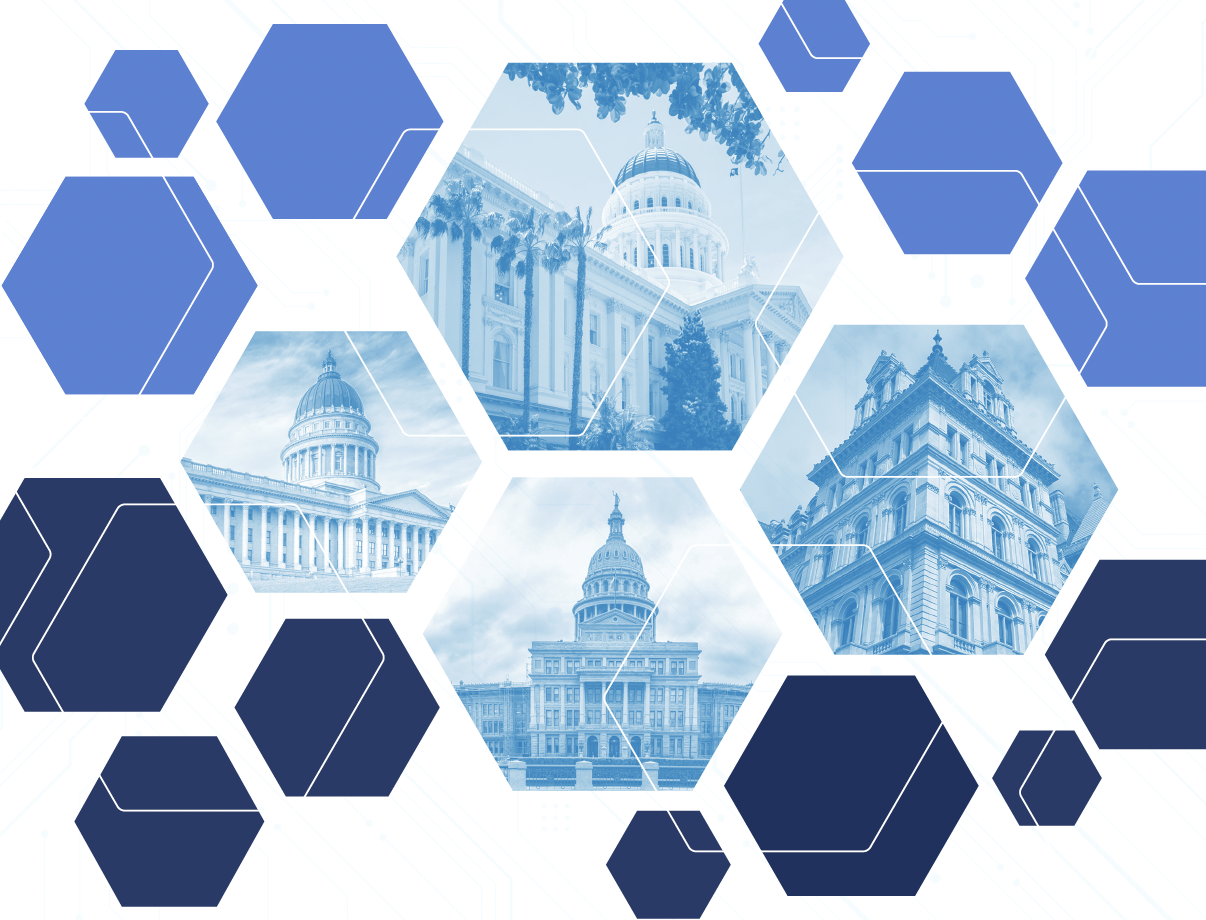6 Privacy Tips for the Generative AI Era
Data Privacy Day, or Data Protection Day in Europe, is recognized annually on January 28 to mark the anniversary of Convention 108, the first binding international treaty to protect personal data. The Council of Europe initiated the day in 2006, with the first official celebration held on January 28, 2007, marking this year as the […]
The RAISE Act vs. SB 53: A Tale of Two Frontier AI Laws
What the enactment of New York’s RAISE Act reveals compared to California’s SB 53, the nation’s first frontier AI law On December 19, New York Governor Hochul (D) signed the Responsible AI Safety and Education (RAISE) Act, ending months of uncertainty after the bill passed the legislature in June and making New York the second […]
FPF Year in Review 2025
Co-authored by FPF Communications Intern Celeste Valentino with contributions from FPF Global Communications Manager Joana Bala This year, FPF continued to broaden its footprint across priority areas of data governance, further expanding activities across a range of cross-sector topics, including AI, Youth, Conflict of Laws, AgeTech (seniors), and Cyber-Security. We have engaged extensively at the local […]
Five Big Questions (and Zero Predictions) for the U.S. Privacy and AI Landscape in 2026
Introduction For better or worse, the U.S. is heading into 2026 under a familiar backdrop: no comprehensive federal privacy law, plenty of federal rumblings, and state legislators showing no signs of slowing down. What has changed is just how intertwined privacy, youth, and AI policy debates have become, whether the issue is sensitive data, data-driven […]
FPF Holiday Gift Guide for AI-Enabled, Privacy-Forward AgeTech
On Cyber Monday, giving supportive technology to an older loved one or caregiver is a great option. Finding the perfect holiday gift for an older adult who values their independence can be a challenge. This year, it might be worth exploring the exciting world of AI-enabled AgeTech. It’s not only gadgets; it’s also about giving […]
The State of State AI: Legislative Approaches to AI in 2025
State lawmakers accelerated their focus on AI regulation in 2025, proposing a vast array of new regulatory models. From chatbots and frontier models to healthcare, liability, and sandboxes, legislators examined nearly every aspect of AI as they sought to address its impact on their constituents. To help stakeholders understand this rapidly evolving environment, the Future […]
Concepts in AI Governance: Personality vs. Personalization
Conversational AI technologies are hyper-personalizing. Across sectors, companies are focused on offering personalized experiences that are tailored to users’ preferences, behaviors, and virtual and physical environments. These range from general purpose LLMs, to the rapidly growing market for LLM-powered AI companions, educational aides, and corporate assistants. There are clear trends among this overall focus: towards […]
“Personality vs. Personalization” in AI Systems: Responsible Design and Risk Management (Part 4)
This post is the fourth and final blog post in a series on personality versus personalization in AI systems. Read Part 1 (exploring concepts), Part 2 (concrete uses and risks), and Part 3 (intersection with U.S. law). Conversational AI technologies are hyper-personalizing. Across sectors, companies are focused on offering personalized experiences that are tailored to […]
“Personality vs. Personalization” in AI Systems: Intersection with Evolving U.S. Law (Part 3)
This post is the third in a series on personality versus personality in AI systems. Read Part 1 (exploring concepts) and Part 2 (concrete uses and risks). Conversational AI technologies are hyper-personalizing. Across sectors, companies are focused on offering personalized experiences that are tailored to users’ preferences, behaviors, and virtual and physical environments. These […]
“Personality vs. Personalization” in AI Systems: Specific Uses and Concrete Risks (Part 2)
This post is the second in a multi-part series on personality versus personalization in AI systems, providing an overview of these concepts and their use cases, concrete risks, legal considerations, and potential risk management for each category. The previous post provided an introduction to personality versus personalization. In AI governance and public policy, the many […]










